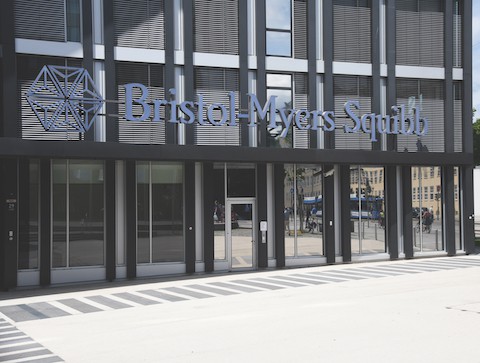
Bristol Myers Squibb (BMS) has launched its ‘Clear Understanding’ campaign, involving patients living with moderate-to-severe plaque psoriasis, in an effort to portray the reality of living with the disease.
The campaign includes information revolving around the condition, including dealing with symptoms, navigating relationships with friends, family, or co-workers and quashing misconceptions.
The use of personal stories from patients is aimed at inspiring others to reflect upon their own experiences, recognise the frequent compromises made because of their condition, and feel comfortable discussing treatment options available with their doctors.
Psoriasis is a widely prevalent, chronic, systemic immune-mediated disease that affects around 7.5 million people in the US.
Around 90% of patients with the condition have plaque psoriasis, which consists of round or oval plaques that are covered by silvery white scales, and around two million people in the US have moderate-to-severe cases of the condition.
According to the 2022 UPLIFT survey, patients with moderate-to-severe plaque psoriasis are usually left untreated or undertreated. Around 40% of patients do not receive systemic therapy as recommended by the joint American Academy of Dermatology National Psoriasis Foundation guidelines.
Michael Braun, senior vice president of US immunology at BMS, said that this insight into patients with the condition is what led to the launch of the ‘Clear Understanding’ campaign.
Braun added that the campaign is there “to recognise those concessions and encourage people living with moderate-to-severe plaque psoriasis to talk to their dermatologist about available treatment options”.
Beginning in the body’s immune system, moderate-to-severe plaque psoriasis causes TKY2, one of many molecules in the immune system that passes signals around the body, to send too many inflammatory signals, which leads to inflammation and causes skin to build and form plaques.
In June, the National Institute for Health and Care Excellence (NICE) recommended BMS’ selective TYK2 inhibitor Sotyktu (deucravacitinib) for use on the NHS in England as a treatment option for the condition.
The new guidance specifically applies to patients with a Psoriasis Area and Severity Index score of ten or more, a Dermatology Life Quality Index score of over ten, and who have not responded to or been able to receive other systemic treatments, including ciclosporin, methotrexate and phototherapy.
The decision from NICE follows the Medicines and Healthcare products Regulatory Agency’s approval of Sotyktu in May this year for moderate-to-severe plaque psoriasis in adults who are candidates for systemic therapy.




